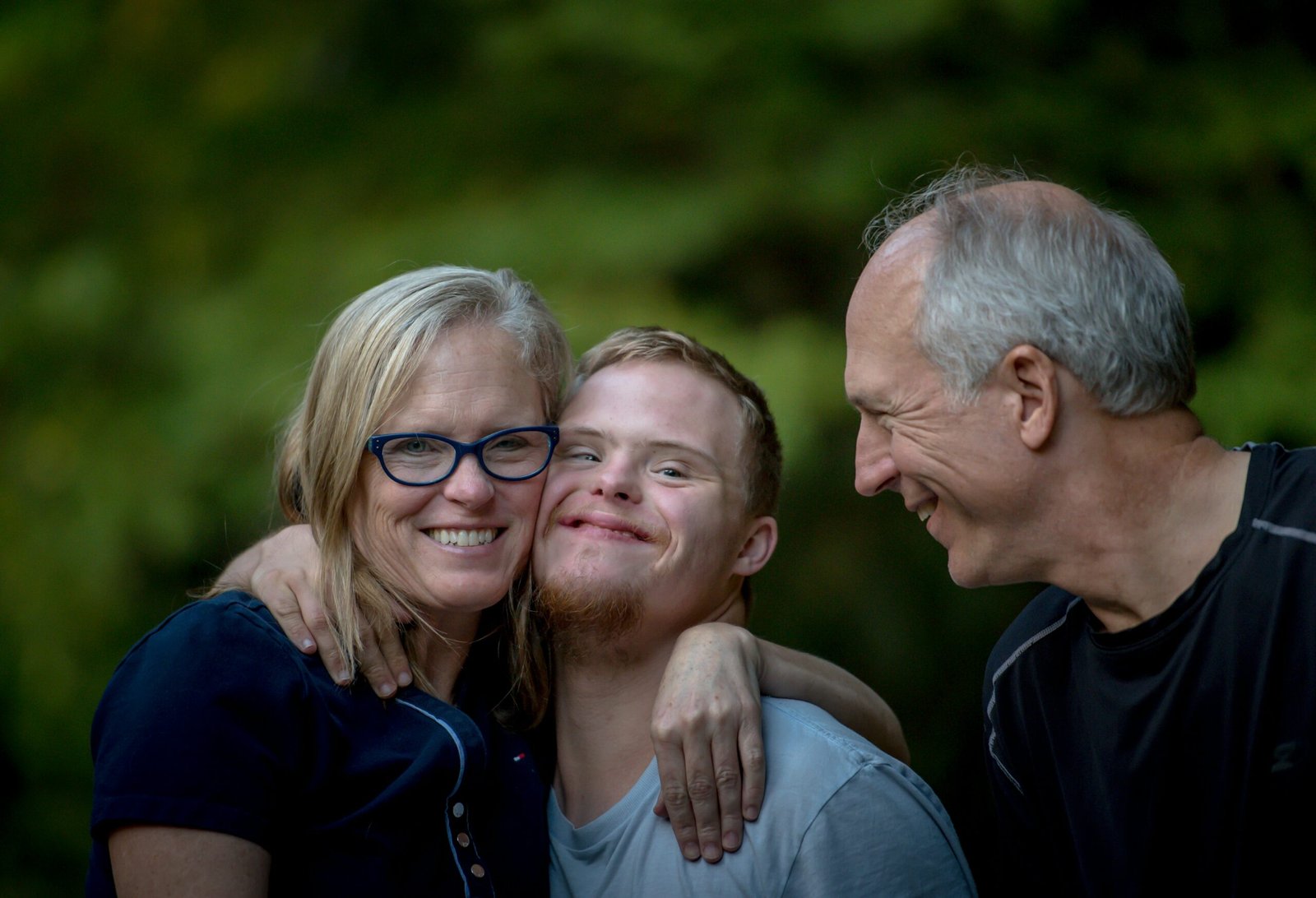Disability and Parenthood: Exploring the Challenges and Opportunities
When it comes to the topic of disability and parenthood, there are numerous challenges and opportunities that disabled individuals face in navigating the journey of becoming parents. From fertility concerns to pregnancy and caregiving, each aspect presents its own unique set of obstacles and possibilities. In this blog post, we will delve into these issues, examining the difficulties faced by disabled individuals and the potential avenues for support and empowerment.
Fertility Challenges and Options
One of the primary concerns for disabled individuals in their journey towards parenthood is fertility. Depending on the nature of the disability, fertility may be impacted in various ways. Some disabilities can affect reproductive organs or hormonal balances, making it more difficult to conceive naturally.
However, it is important to note that being disabled does not automatically mean infertility. There are various options available for those who wish to have children. Assisted reproductive technologies such as in vitro fertilization (IVF) or intrauterine insemination (IUI) can be viable solutions for disabled individuals and their partners.
It is crucial to have open and honest conversations with healthcare professionals who specialize in reproductive medicine. They can provide guidance and explore the best course of action based on individual circumstances, ensuring that disabled individuals have access to the necessary support and resources.
Pregnancy and Disability
Once pregnancy is achieved, disabled individuals may face additional challenges throughout the gestational period. Physical limitations and health conditions may require extra care and accommodations to ensure a healthy pregnancy.
It is essential for healthcare providers to be knowledgeable about the specific needs of disabled pregnant individuals. Regular check-ups and consultations should address any concerns and provide appropriate support. This may include modifications to prenatal care, adjustments to medication regimens, or lifestyle recommendations tailored to the individual’s abilities and limitations.
Accessible birthing options should also be considered, ensuring that disabled individuals have a comfortable and safe environment during labor and delivery. Healthcare facilities should be equipped with necessary accommodations, such as accessible entrances, adjustable birthing beds, and knowledgeable staff who are trained in providing inclusive care.
Caregiving and Disabled Parents
Once the child is born, disabled individuals may face additional challenges in their role as parents. Caregiving tasks, such as lifting and carrying a child, may require adaptations or assistance. However, it is important to remember that disability does not diminish one’s ability to be a loving and capable parent.
Support networks play a crucial role in helping disabled parents navigate the responsibilities of caregiving. This can include family, friends, or professional caregivers who can provide assistance when needed. Community organizations and disability support groups can also offer valuable resources and connections to other disabled parents, fostering a sense of belonging and understanding.
Adaptive equipment and assistive devices can also enhance the caregiving experience. From strollers with accessibility features to adaptive feeding tools, these innovations can empower disabled parents to actively participate in their child’s upbringing.
Conclusion
Disability should never be seen as a barrier to parenthood. While there are challenges to overcome, disabled individuals have the right to pursue their dreams of having a family. Fertility options, pregnancy support, and caregiving adaptations are all available to ensure that disabled individuals can experience the joys and rewards of parenthood.
By raising awareness, providing inclusive healthcare, and fostering supportive communities, we can create a society where disabled individuals are empowered to navigate the challenges and embrace the opportunities of parenthood.

